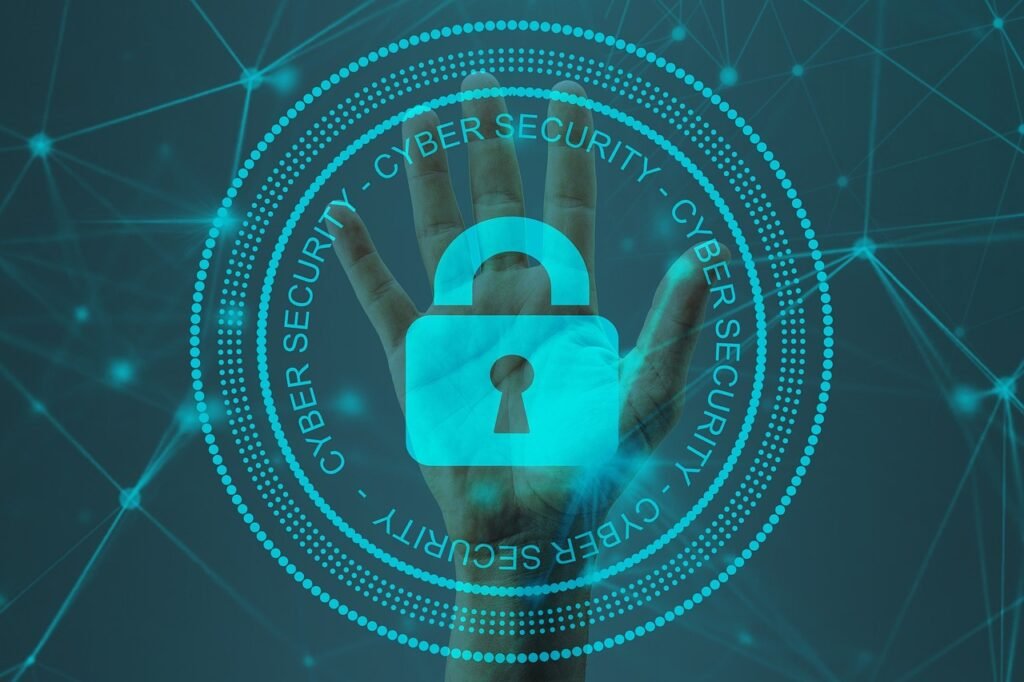SOC 2
Trust Services Pathway
SOC 2
SOC 2 is an industry attestation that validates a service organisation’s controls across trust service criteria. iB49 delivers readiness assessments, control implementation guidance, and audit coordination — helping SaaS and cloud providers meet customer assurance expectations.

Who needs SOC 2?
SaaS companies, cloud service providers, vendors serving enterprise customers who request SOC 2 reports.
Key benefits
Achieving SOC 2 provides independent assurance that your service organization manages customer data securely and reliably.
Assurance
Provide independently verified assurance to clients about the security and reliability of your services.
Sales
Win crucial contracts and accelerate sales cycles that specifically require SOC 2 certification or reports.
Governance
Formalize internal controls and policies to meet evolving security and confidentiality governance requirements.
Breach Guard
Significantly reduce the risk of data breaches and related financial/reputational harm through controls.
Our Approach
We guide your organization through a structured four-stage process focusing on the Trust Services Criteria (TSC) to achieve a successful SOC 2 report.
Scope
Define the scope, system boundary, and select relevant Trust Services Criteria (e.g., Security, Privacy).
Design
Document controls (policies/procedures) and establish their correct design (readiness for Type 1).
Operate
Implement and operate the controls consistently for the required review period (Type 2 evidence collection).
Report
Complete the external auditor’s review to issue the final, legally protected SOC 2 Type 1 or Type 2 report.
Final Documentation and Tools
Control matrix, evidence pack, gap remediation plan, auditor liaison support.
F.A.Q.
A SOC 2 report is an independent auditor’s report assessing controls relevant to the Trust Services Criteria (TSC) at a service organization.
Type 1 reports on control design at a specific point in time; Type 2 reports on control effectiveness over a period.
The five TSC are: Security (mandatory), Availability, Processing Integrity, Confidentiality, and Privacy.
No, but it is often a mandatory contractual requirement from enterprise clients, especially for SaaS and cloud providers.
A CPA (Certified Public Accountant) firm must perform the audit. They issue the report, as they are licensed auditors.
